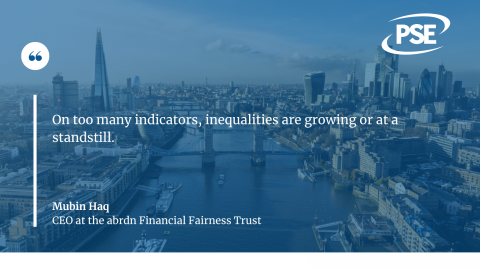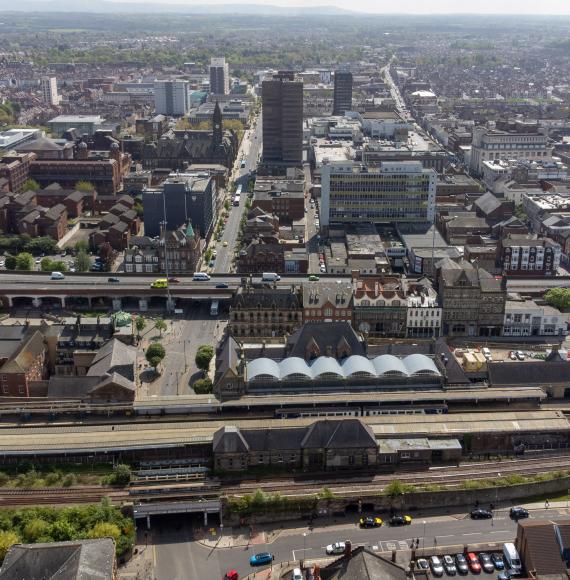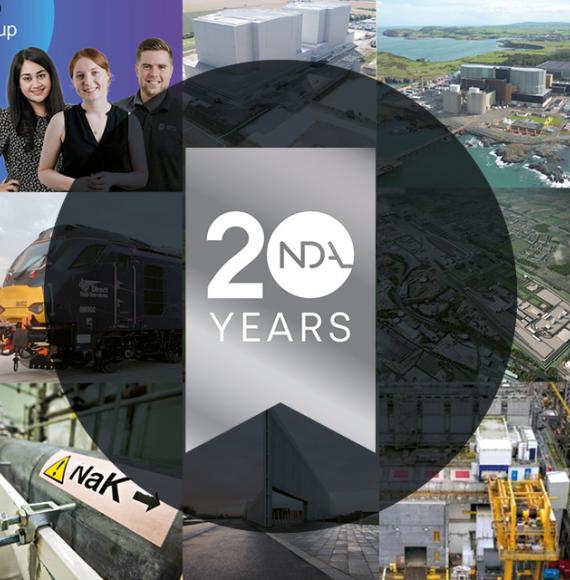A new report from the Institute for Fiscal Studies (IFS) has suggested the country’s progress toward the ‘levelling up’ agenda has not been as swift as hoped, and — in some places — even regressed.
The research comes against the backdrop of the government’s 2022 Levelling Up White Paper, which set out 12 missions to improve the country’s performance and reduce geographical inequalities in living standards, skills, health, wellbeing, and crime among others.
The IFS describes the document as an “admirably clear, ambitious and transparent account” of the previous parliament’s approach.
When assessing progress against key metrics of the approach, however, the IFS findings indicate that progress has been “glacial” and in some areas widened since 2019.
Those findings include data suggesting that the share of pupils in England that met the expected standards at the end of primary school had fallen from 65% in 2018/19 to 60% last summer — this is compared to a 90% target by 2030. Only 10 local authorities in England, all of which were in London, had at least 70% of 11-year-olds meeting the target.
The number of further education and skills courses completed in England dropped by 14% from 2018/19 to 2022/23 — something the IFS says has been driven by an almost 20% fall in completions in the lowest skilled areas.
After the Covid-19 pandemic reversed long-term upwards trends in self-reported life satisfaction, researchers found that average life satisfaction in the happiest tenth of areas was nearly a full point higher than in the least satisfied tenth of areas. This represents the widest gap since 2011.
A similar disparity was found in the average employment rate between the best and worst performing local authority areas in the UK — a 21 percentage point gap, in fact, which is the widest since 2005.
Public transport usage has also not recovered outside of the capital, with nearly two in five (39%) journeys being completed on public transport in London, compared to fewer than one in 10 (7%) elsewhere; the second widest gap since 2002.

“The February 2022 Levelling Up White Paper was a substantial piece of careful thinking about the challenges of reducing regional inequalities in the UK, and should heavily inform the thinking of any future government interested in reducing inequalities between places,” said IFS associate director and report author, Christine Farquharson.
“But on many of the metrics that the White Paper sets out, progress towards levelling up has been glacial. In key areas such as employment, primary school attainment and self-reported life satisfaction, the country’s overall performance has got worse even as gaps between areas have widened.
“Clearly, a pandemic and a cost-of-living crisis have made the last five years an exceptionally difficult time to level up. But if these missions are to be achieved by 2030 as intended, then the next parliament will be decisive.”
The IFS emphasises that substantial resources and a rethink of how they are distributed will be needed if the country wants to meet the goals set out for levelling up by 2030.
The research was funded by the Nuffield Foundation and the abrdn Financial Fairness Trust.
The latter’s CEO, Mubin Haq, said: “The regional inequalities in the UK are stark and on numerous measures there are wide disparities. Quite rightly, the government has tried to address these gaps through its levelling up agenda.
“However, this has not been matched with the resources to deliver the step change needed.”
There were some more positive findings: digital connectivity has rapidly grown, with the share of premises outside London covered by 5G rising from 67% to 78% in the nine months from last April to January 2024.
This is in addition to new devolution deals being agreed in the East Midlands, North East, and York and North Yorkshire since February 2022, meaning the share of England’s population residing in areas with a directly elected mayor has jumped from 41% in January 2023 to 48% last month.
The data for other areas of progress is more limited to properly measure progress, according to the IFS.
To learn more about the country’s levelling up agenda, make sure you sign up for Public Sector Executive’s exclusive online conference later this year.
Image credit: iStock



















